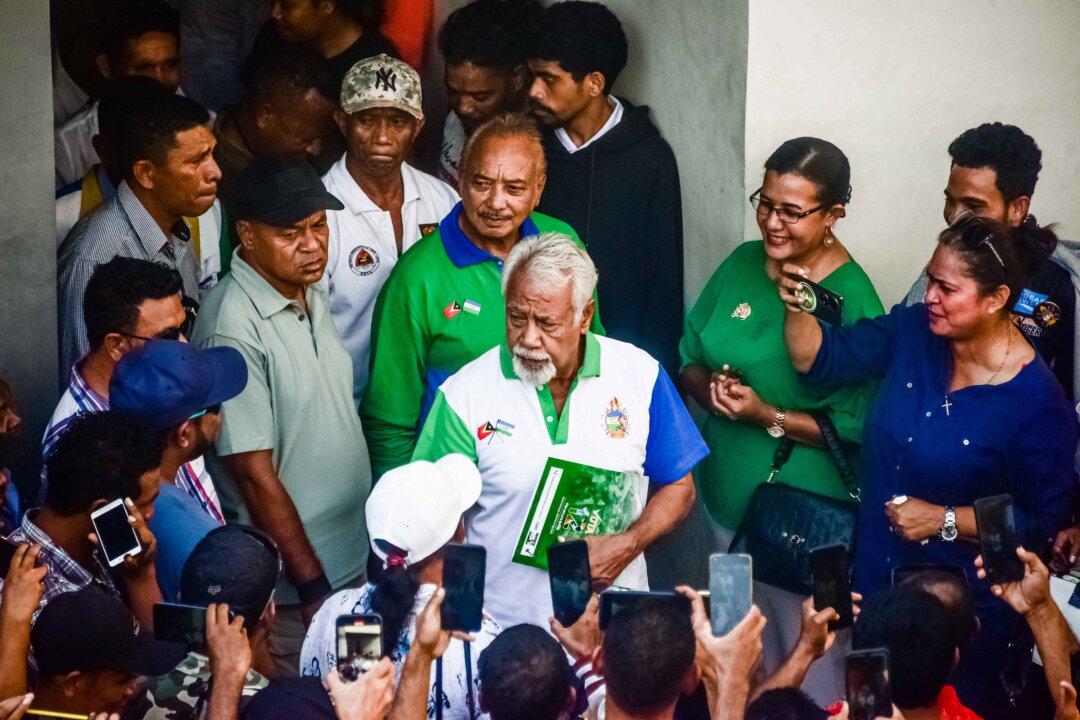Independence fighter and former president Xanana Gusmao of East Timor and his opposition party have won the most votes in the island nation’s parliamentary election, but fell short of the majority needed to form a government, official results showed on Tuesday.
The election, which was held on Sunday, had been billed as a battle for premiership between Gusmao and Mari Alkatiri, who is also a resistance-era figure. A total of 17 parties contested the election.





